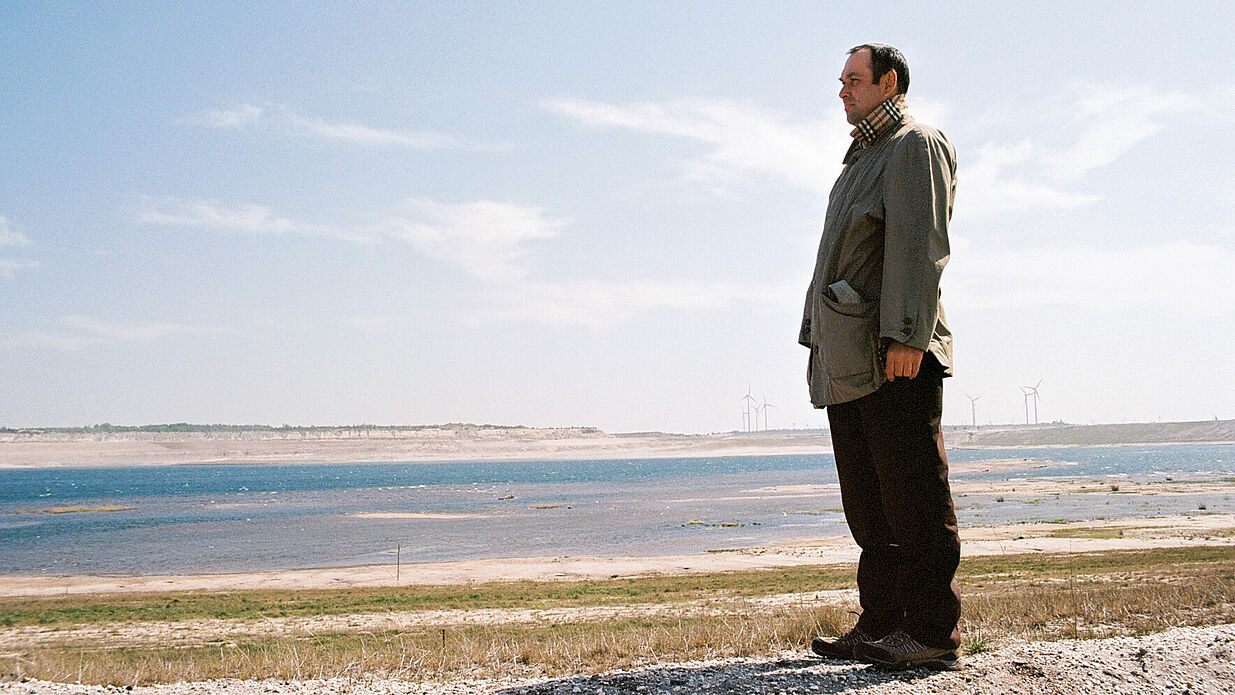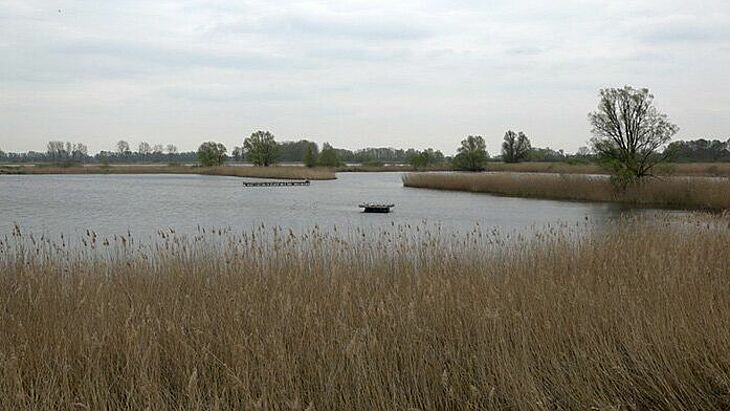Documentary Positions: Bernhard Sallmann

Bernhard Sallmann is one of those filmmakers who do not make the foreign familiar, but the familiar strange. The films of the director, who was born in Austria but has lived in Berlin for several decades, maintain contact with the world in which he himself moves. The first ones were made around the turn of the millennium practically on his own doorstep: in Neukölln, on the Teltow Canal or even in a Berlin public authority where he himself worked for a time. Later he undertakes expeditions beyond the city limits, to Lusatia, to the Mark Brandenburg, or he turns to the fields and meadows of his childhood in rural Upper Austria.
Sallmann's films make all these places visible, in patient, often rigid, precisely composed shots, from which, in particular, a fabulous sense of the expressiveness of landscapes speaks; and at the same time, the films confront these places with something that is not in the picture, at least not immediately. Sometimes with a formal idea, more often with texts that open themselves and the cinematic image to the past. What emerges is a cinema of clear form that nevertheless contains an awareness of hybridity. The world is not what it seems. That is precisely why it is worth taking a closer look.
One generally encounters Bernhard Sallmann's works, if at all, individually, in isolation, at small festivals or perhaps once in a while in the late night programme of regional television. What gets lost in the process and can only be rediscovered in a retrospective are the relationships between the films. The fleeting, almost ghostly echoes and similarities in particular that allow the images to come into contact with the past, but also with each other.
With the show of works dedicated to Bernhard Sallmann's films, we continue our series Dokumentarische Positionen (Documentary Positions), which presents marginalised or forgotten film works by documentary filmmakers whose themes, working methods and insights into realities lie beyond conventional documentary film or who have shaped German film and television history in a special way. (Lukas Foerster)
